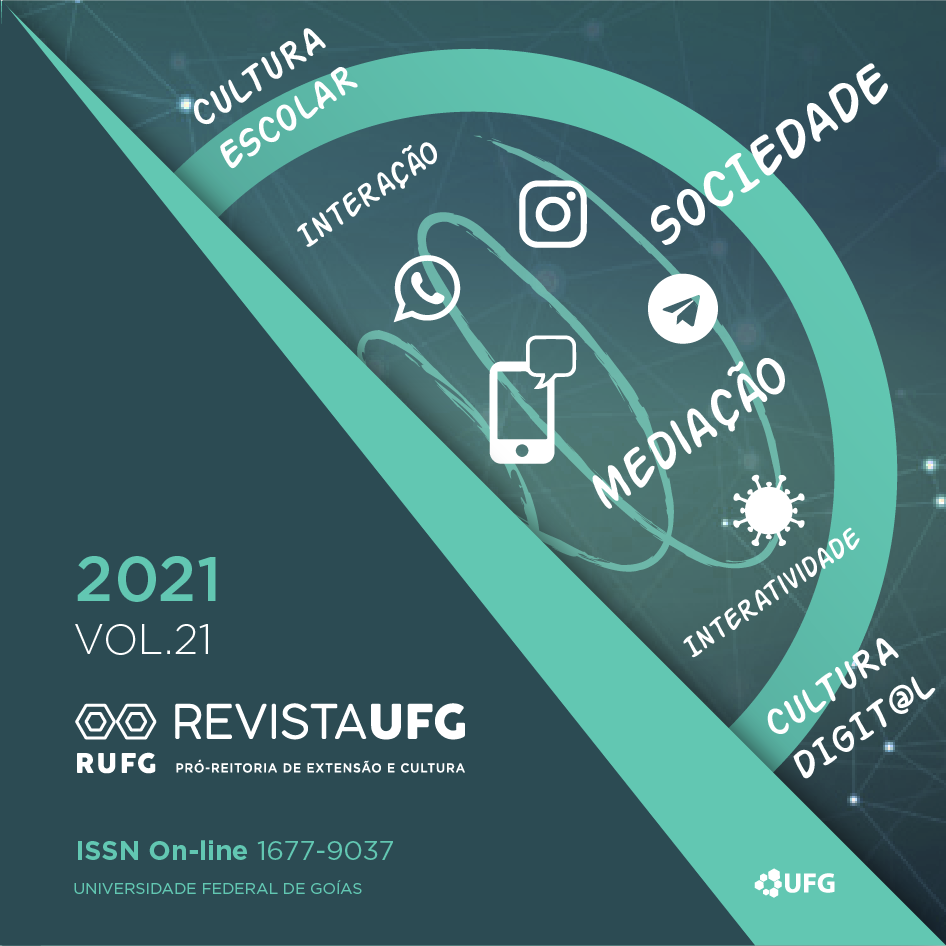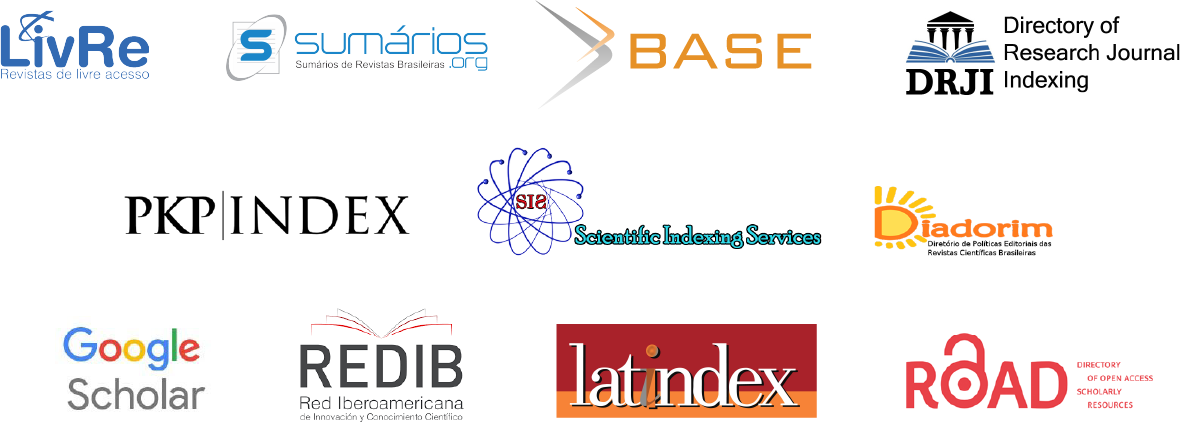Pandemia, Covid-19 e educação básica no Brasil
mudanças paradigmáticas no acesso à educação por meios tecnológicos
DOI :
https://doi.org/10.5216/revufg.v21.69844Résumé
O ano de 2020 foi marcado pela pandemia de Covid-19 e a necessidade de adoção de medidas que impedissem o avanço do vírus. A educação básica, enquanto direito social, posto na Carta Magna (BRASIL, 1988), teve que ser rapidamente adaptada, para evitar pioras de cenários. Crianças e adolescentes não mais poderiam frequentar presencialmente os ambientes escolares, diante da possibilidade de alastramento da patologia. Assim, o uso de tecnologias foi aprovado pelo Ministério da Educação, referendando o parecer do Conselho Nacional de Educação, autorizando o uso por 30 dias ou enquanto a pandemia durasse ( BRASIL, 2020). Soluções tecnológicas foram utilizadas e foi necessário o rompimento e redimensionamento de um dos principais paradigmas dessa área: professor e aluno devem estar presencialmente no mesmo local e ao mesmo tempo. Aliado a isto, o cenário de desigualdades foi escancarado, pois o acesso à internet e a computadores/smartphones não é igualitário (DOS SANTOS JUNIOR, DA SILVA MONTEIRO. 2020) e da metade dos brasileiros não os tem (COUTO, COUTO, CRUZ. 2020). A partir do cenário de exclusões evidenciado pela pandemia de Covid-19, questiona-se a necessidade de repensar inúmeros paradigmas postos para a concretização do direito à educação. Tendo como objetivo geral ordenar as principais motivações de excludentes do direito à educação, com base no referencial teórico, e como objetivos específicos apontar possíveis soluções para dar maior efetividade à educação durante a crise sanitária, bem como descrever o cenário macro de acesso (ou não) as tecnologias. Sendo esta pesquisa de natureza aplicada, qualitativa, descritiva, utilizando como procedimento levantamento bibliográfico e documental.
Palavras-chave: Direito à educação. Pandemia. Tecnologia. Mudança. Paradigma.
Téléchargements
Téléchargements
Publié-e
Comment citer
Numéro
Rubrique
Licence
A Revista UFG utiliza a licença Creative Commons CC-BY (4.0) - Atribuição 4.0 Internacional para periódicos de acesso aberto (Open Archives Initiative - OAI) como base para a transferência de direitos.
Os autores que publicam nesta revista concordam com os seguintes termos:
1) Os autores podem distribuir, remixar, adaptar e desenvolver sua obra, mesmo para fins comerciais, desde que dêem à UFG os devidos créditos pela criação original. Os autores podem copiar e redistribuir o material em qualquer meio ou formato.
2) Os autores são autorizados e incentivados a publicar e distribuir seu trabalho online (por exemplo, em repositórios institucionais ou em sua página pessoal) em qualquer momento antes ou durante o processo editorial, desde que seja feita referência ao local de origem da publicação, ou seja , endereço eletrônico/referência da Revista UFG.
3) Os autores dos trabalhos publicados na Revista UFG são expressamente responsáveis por seu conteúdo.
4) Todos os trabalhos submetidos à Revista UFG que possuam imagens, fotografias, figuras em seu corpo devem vir acompanhados de termo de cessão de direitos autorais do autor, do participante da imagem e, no caso de crianças, dos familiares das crianças expostas, com seus dados e assinatura.
Acesse o documento TERMO DE AUTORIZAÇÃO DE USO DE IMAGEM aqui.










